Specifications
{{item.name}}
{{item.value}}
Ginger essential oil is a volatile oil extracted through steam distillation from ginger rhizomes, characterized by its rich, spicy, and warm aroma. It is widely used in traditional medicine and aromatherapy. Its therapeutic effects primarily stem from active compounds (such as zingiberene and gingerols), though it's important to note that many studies remain preliminary, and essential oils are typically used as complementary therapies rather than substitutes for medical treatment. Below are its main benefits and precautions:
I. Core Benefits and Uses
- Relieving Nausea and Vomiting
Research support: Multiple studies indicate that inhaling or topically applying diluted ginger oil may alleviate morning sickness, postoperative nausea, and motion sickness (consult a doctor; caution advised for pregnant women).
Usage: Mix 1-2 drops with a carrier oil for abdominal application or inhale from a handkerchief. - Anti-Inflammatory and Pain Relief
Joint/muscle pain: Ginger oil's anti-inflammatory properties may help with arthritis and muscle soreness (a 2015 study in Arthritis showed enhanced effects when combined with medication).
Usage: Blend 3 drops with 10ml sweet almond oil for localized massage. - Digestive Support
Bloating/indigestion: Stimulates gastric juice secretion to relieve discomfort (approved by German Commission E for digestive issues).
Usage: Dilute and massage abdomen clockwise. - Circulation and Warming
Cold extremities: Its spicy components promote blood flow; ideal for winter baths (2 drops + bath salt; avoid direct skin contact). - Antioxidant and Immune Support
Animal studies suggest antioxidant potential, but human evidence is limited.
II. Usage Precautions
- Always dilute: Highly irritating; dilute to 1-3% with carrier oils (e.g., coconut oil) for topical use.
- Patch test: Perform a 24-hour allergy test on inner wrist before first use.
- Contraindications: Avoid during pregnancy (especially first trimester), for infants, epilepsy patients, or those with bleeding disorders.
- Photosensitivity: Unlike citrus oils, non-photosensitizing but sensitive skin may prefer nighttime use.
CUSTOMER REVIEWS
{{commentStat.averageRating}}
{{commentStat.total}} Revirews
All({{commentStat.total}})
Images({{commentStat.imgSum}})
5 Star({{commentStat.praiseSum}})

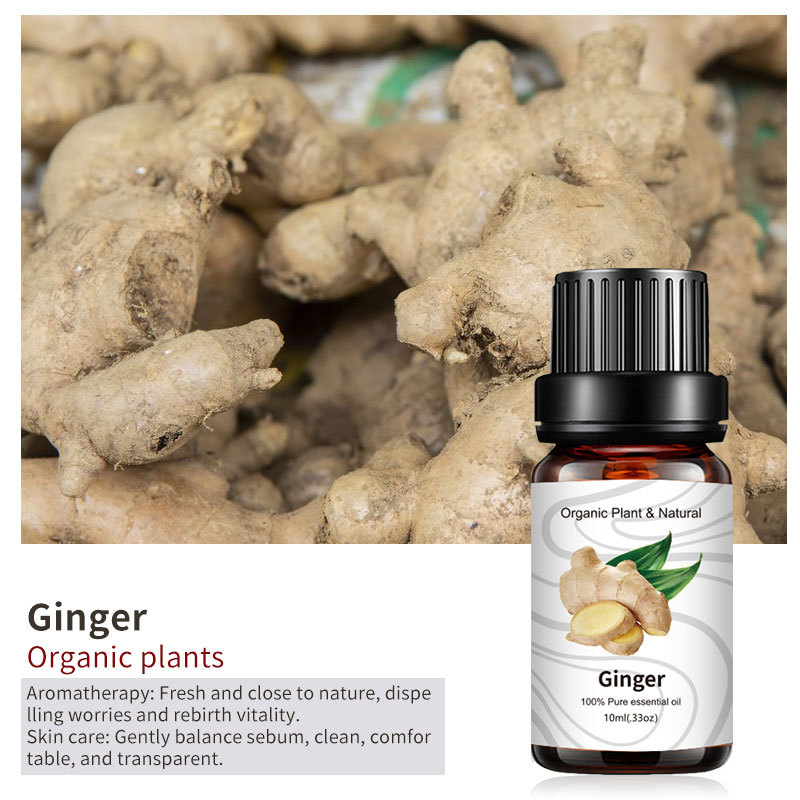



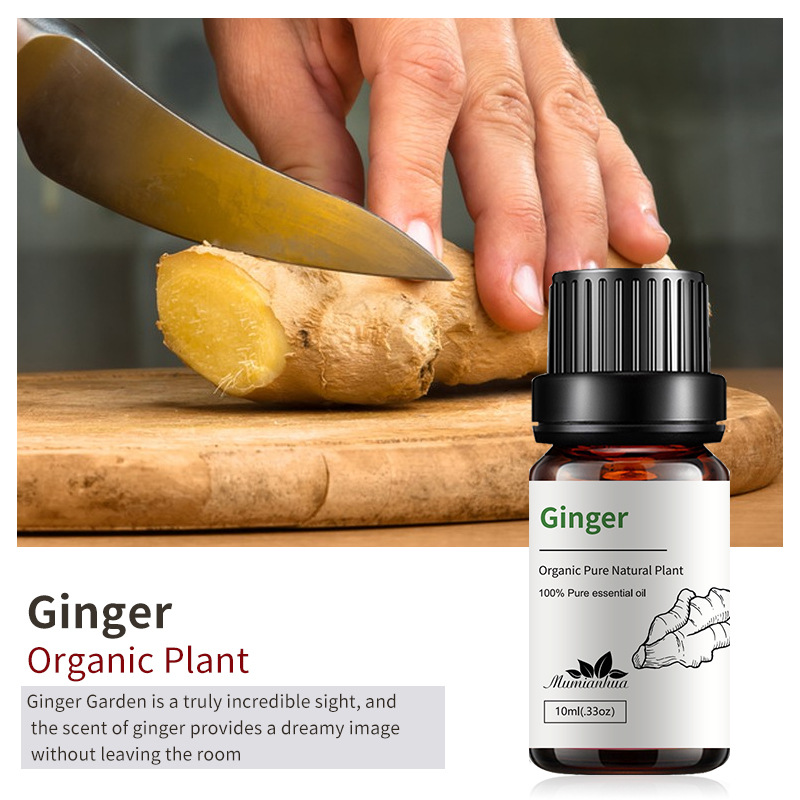
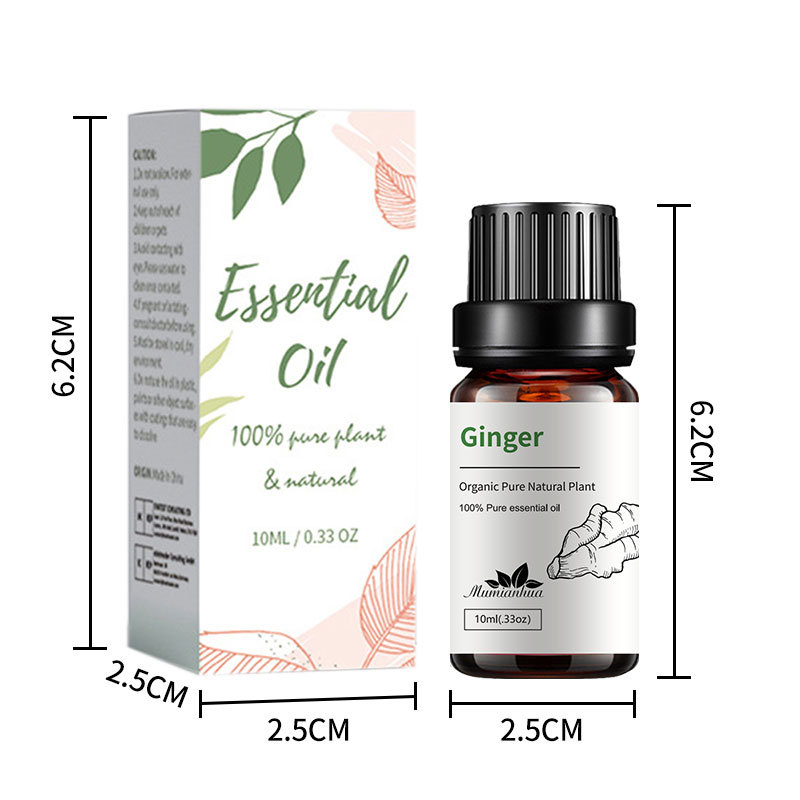
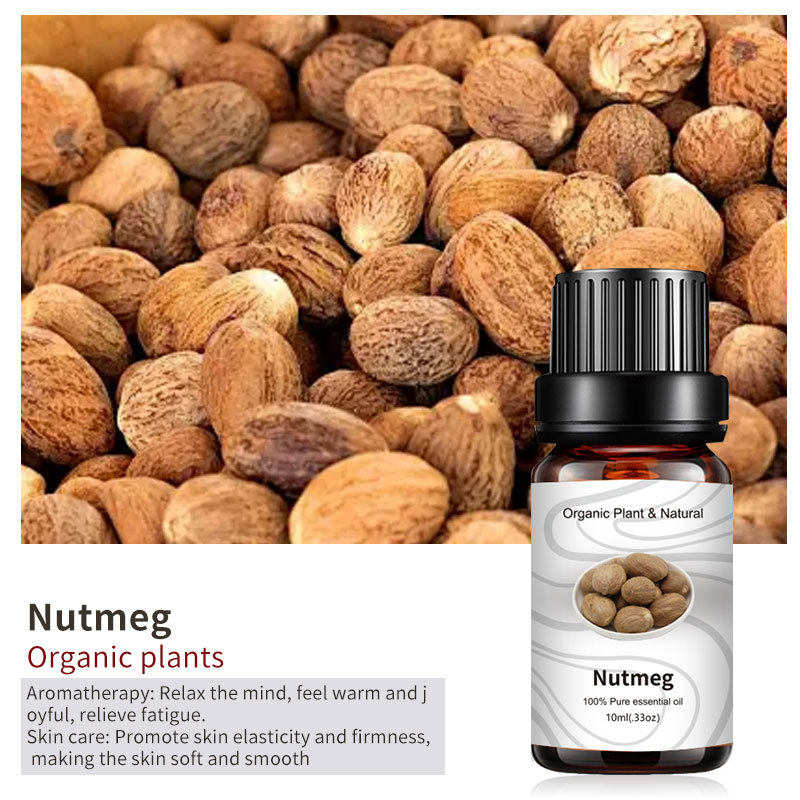
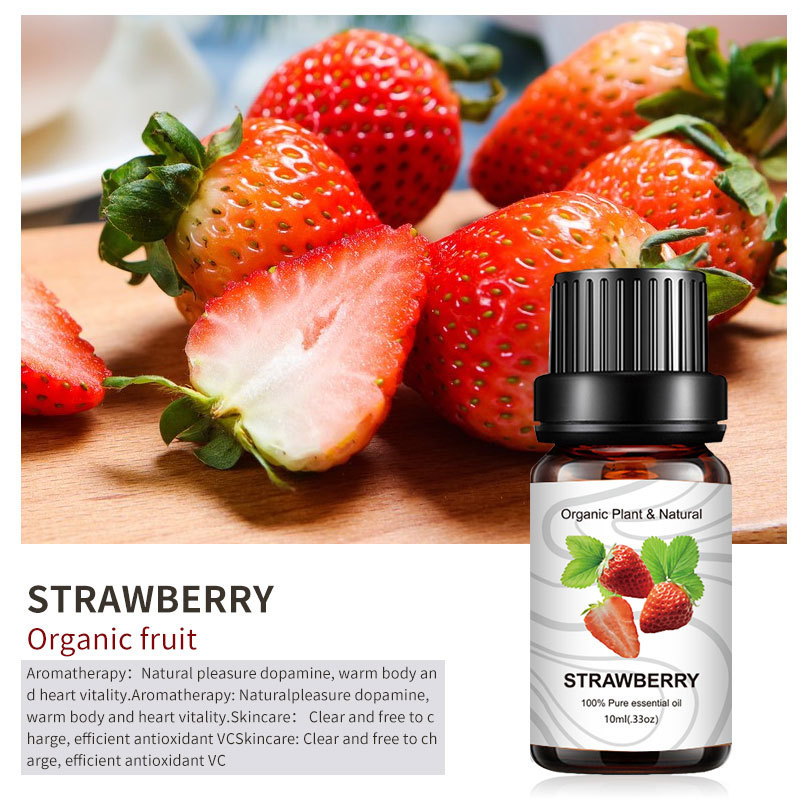
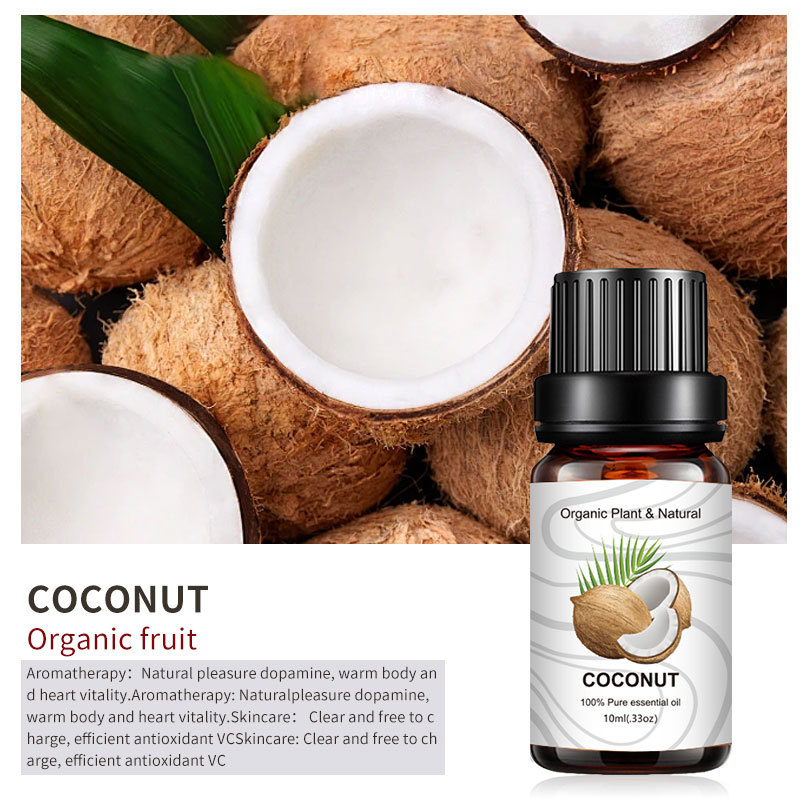
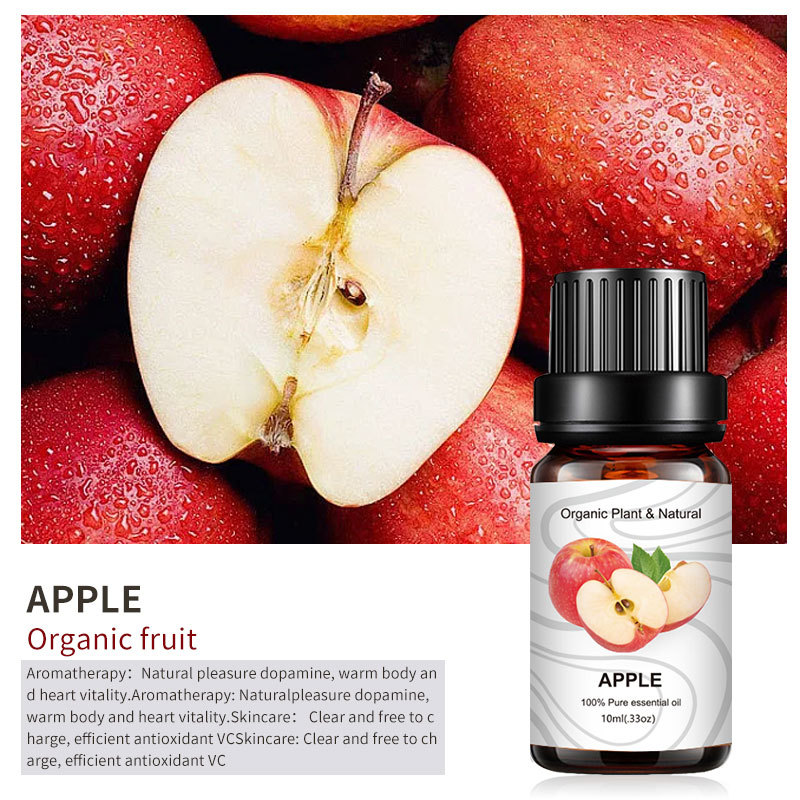
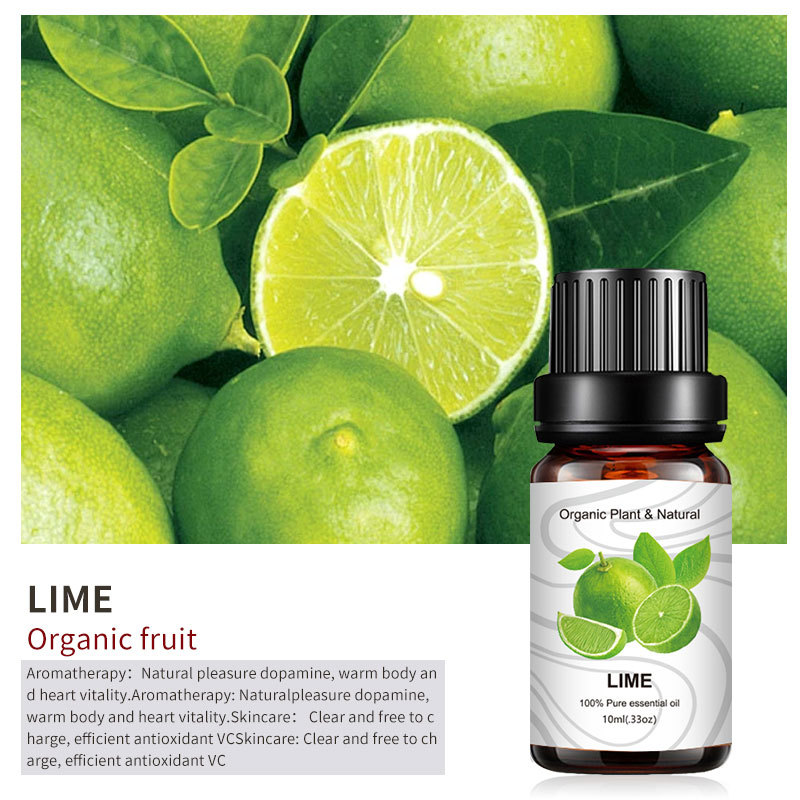
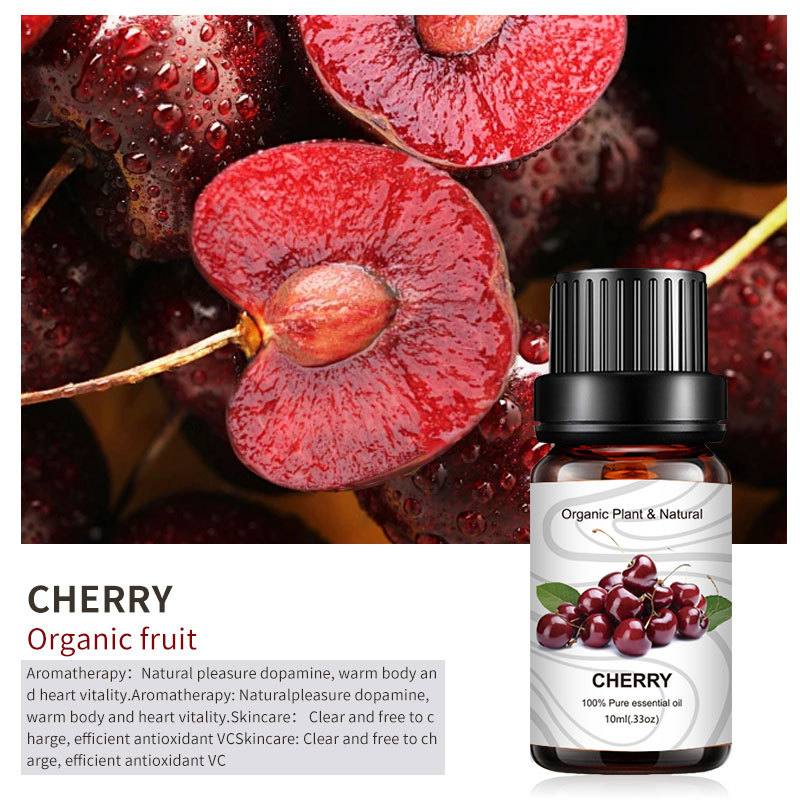
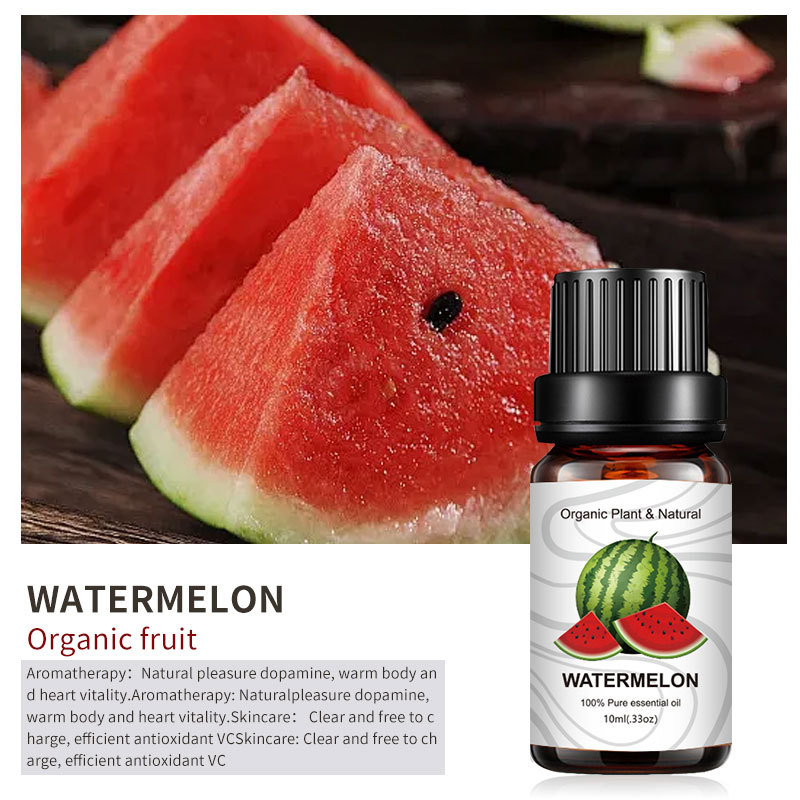
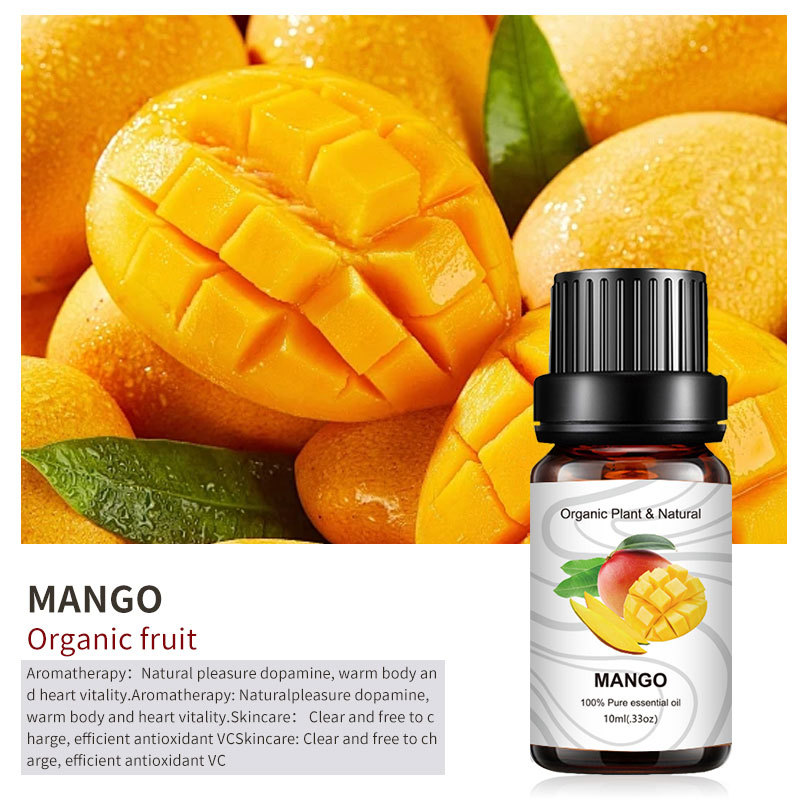
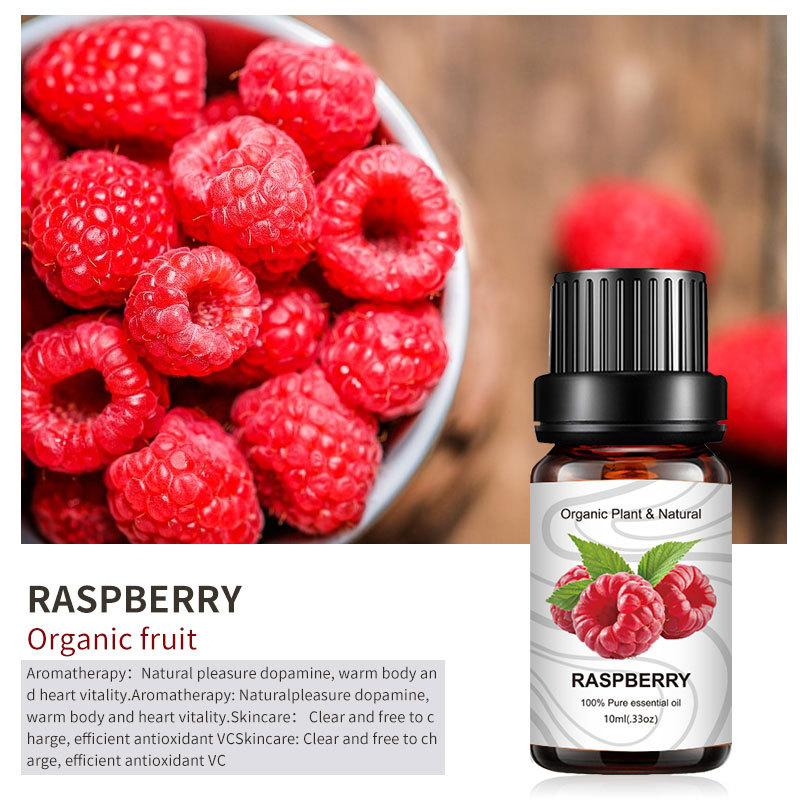
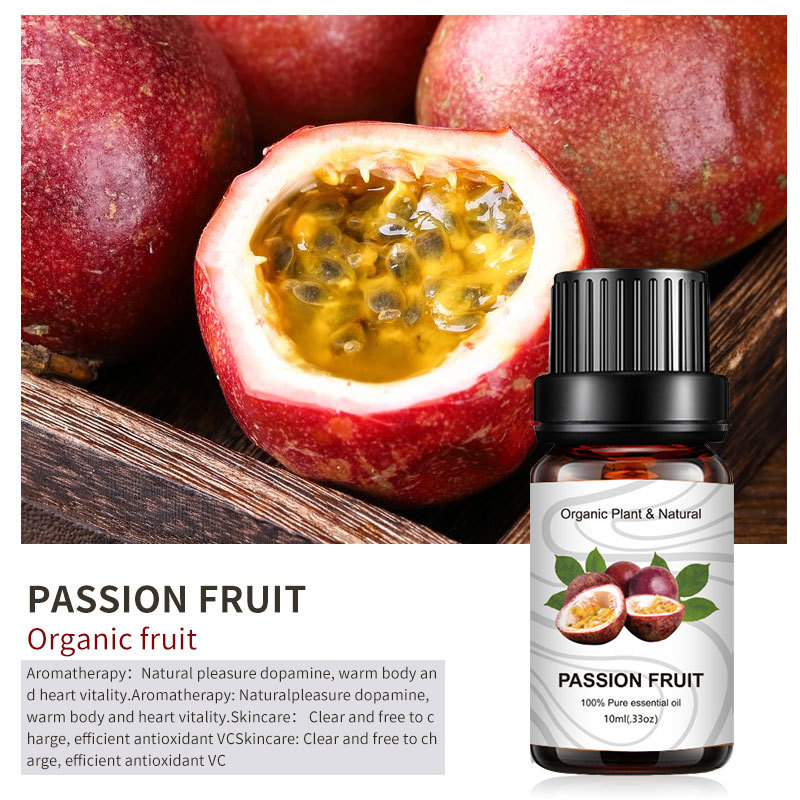
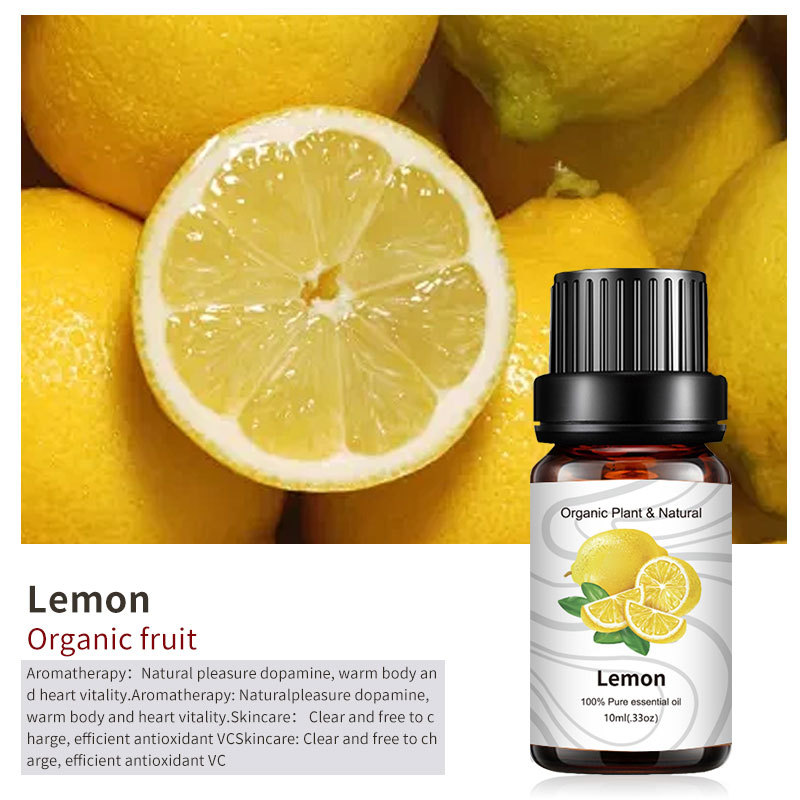
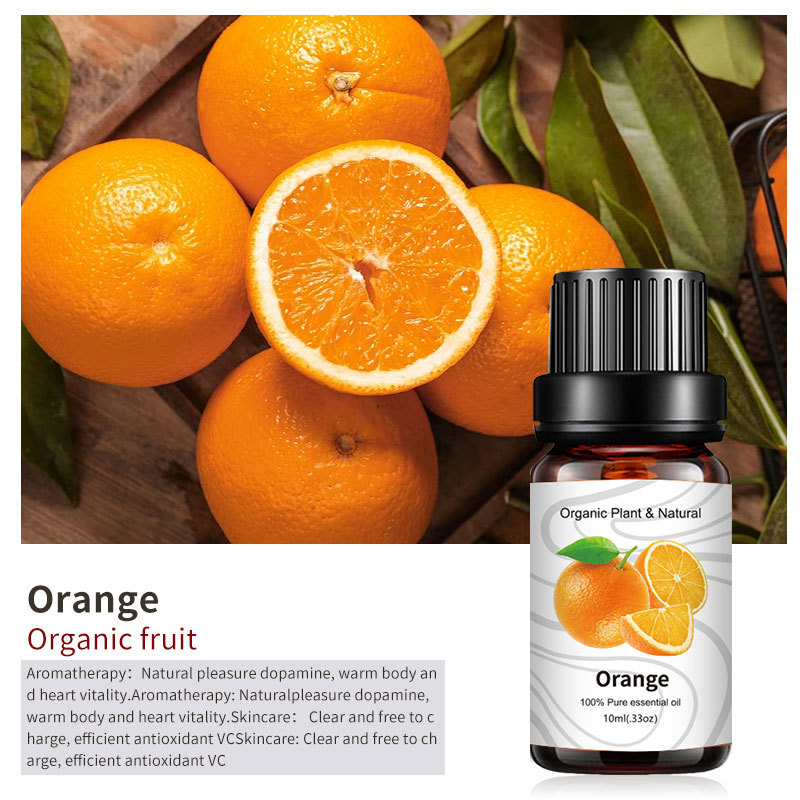
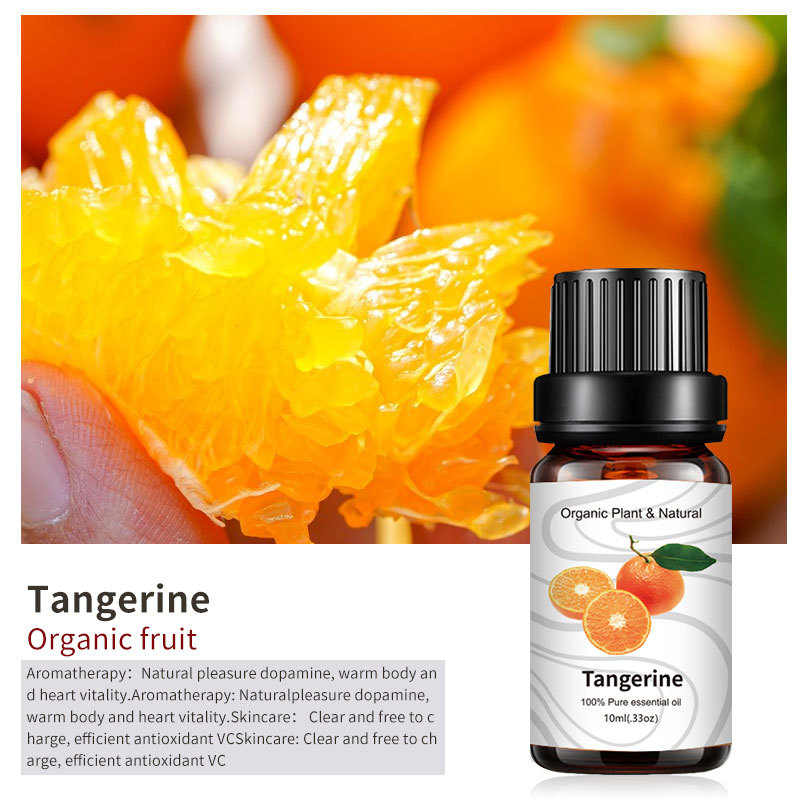

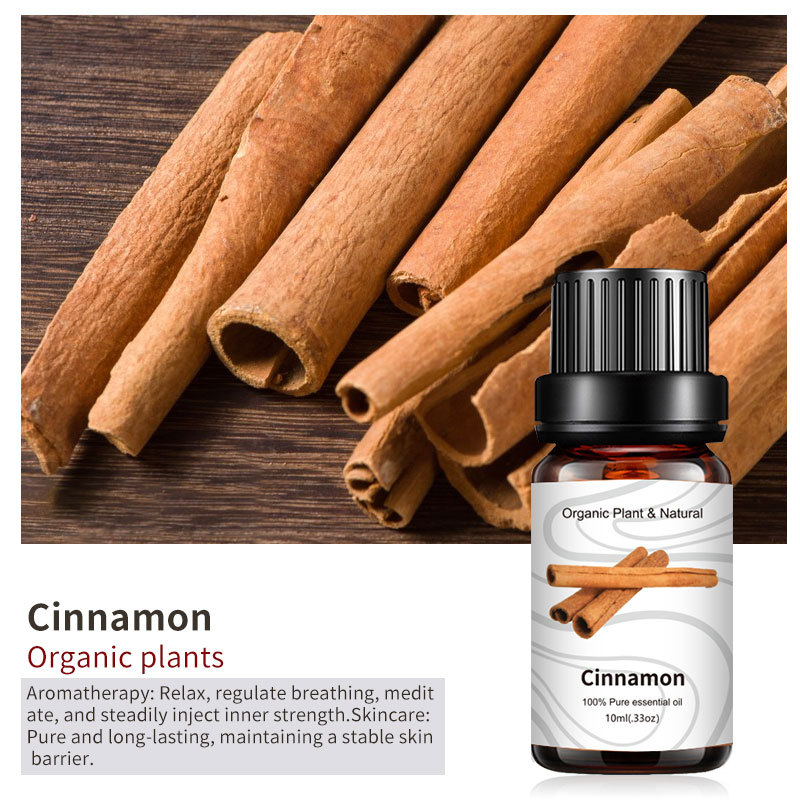
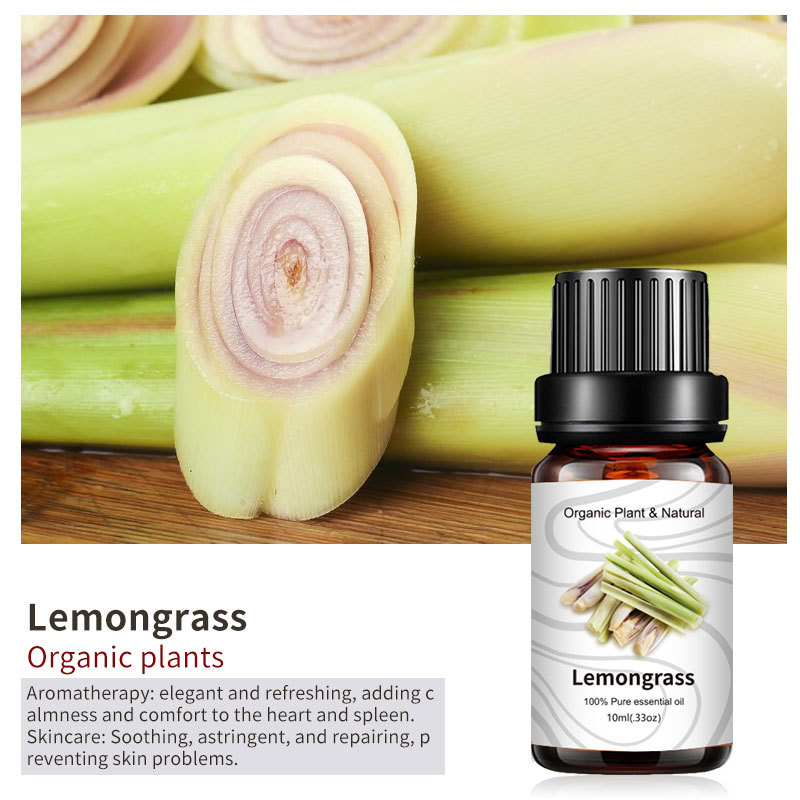
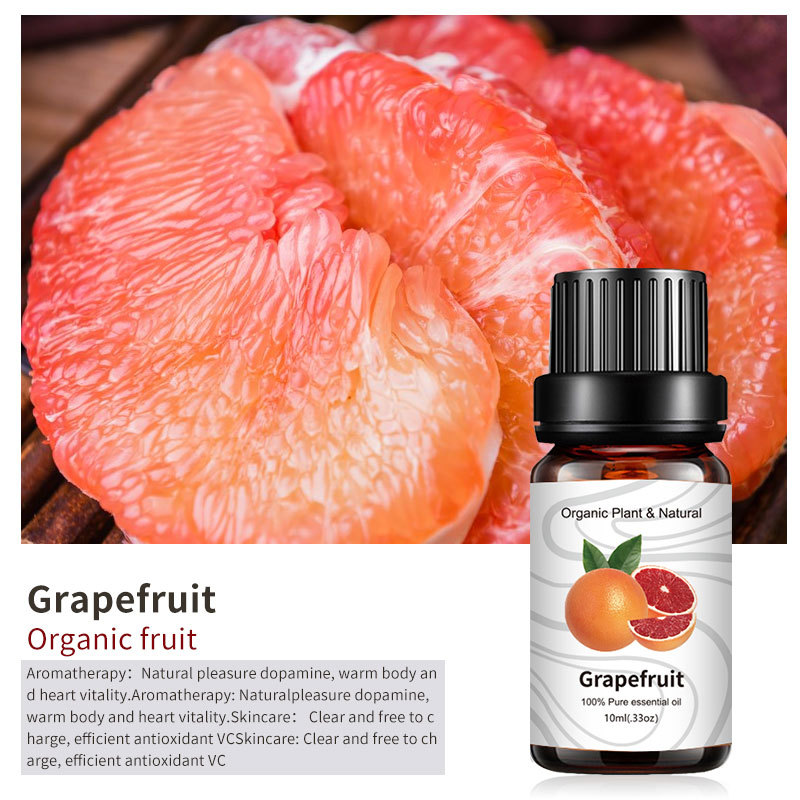
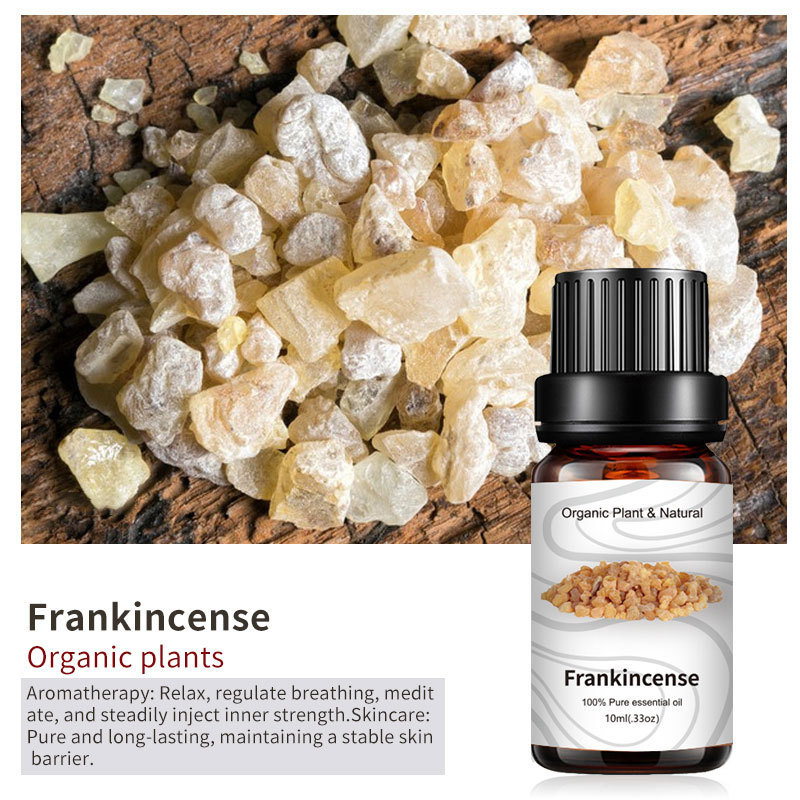

{{item.comments}}